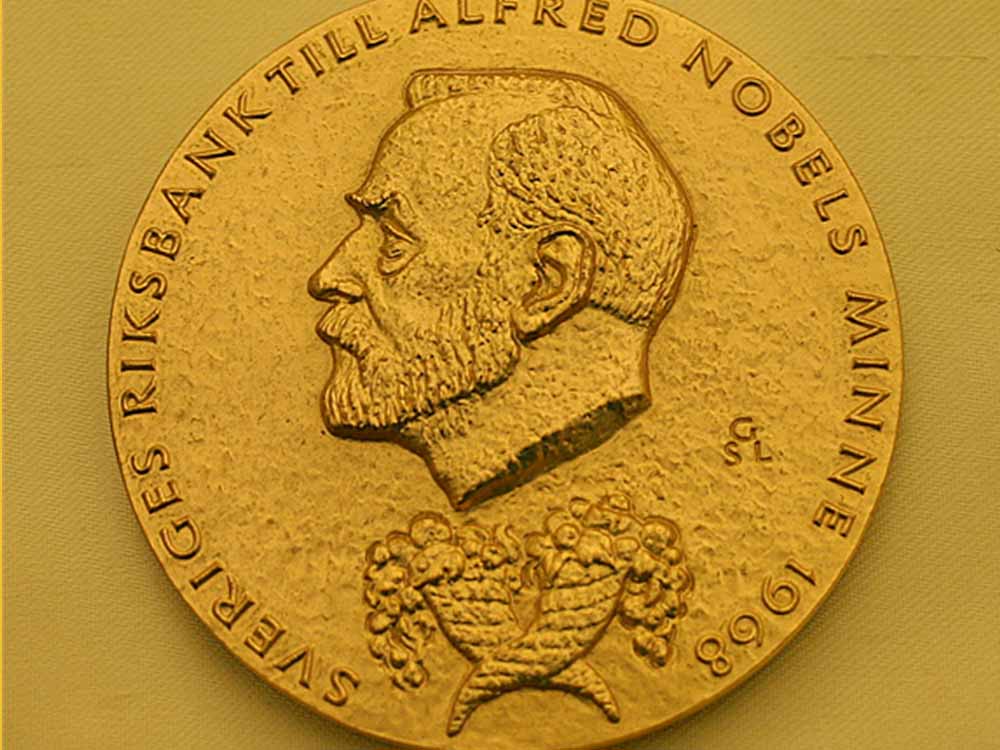Nobel Prize in Economic Sciences 2009 – A Tribute to Pioneering Insights: Understanding, Honoring, and Unraveling Economic Dynamics
The Nobel Prize in Economic Sciences for the year 2009 honored groundbreaking contributions that expanded our understanding of economic dynamics. This exploration delves into the key aspects of the Nobel Prize in Economic Sciences in 2009, celebrating the laureates and the enduring impact of their work.
Elinor Ostrom – Breaking New Ground in Economic Governance
Elinor Ostrom, the first woman to receive the Nobel Prize in Economic Sciences, was recognized for her pioneering work on economic governance. Her research challenged traditional theories about common property and demonstrated that communities could effectively manage shared resources without the need for centralized control. Ostrom’s work highlighted the importance of decentralized decision-making in sustainable resource management.
Oliver E. Williamson – Transaction Cost Economics and Organizational Governance
Oliver E. Williamson received the Nobel Prize for his influential contributions to transaction cost economics and organizational governance. His research focused on understanding how transaction costs influence the choice between market and hierarchical governance structures. Williamson’s work has had a profound impact on our understanding of the internal organization of firms and the complexities of economic coordination.
Legacy of the Laureates – Shaping Economic Discourse
The Nobel laureates of 2009 left an indelible mark on economic discourse, challenging conventional wisdom and expanding the boundaries of economic analysis. Elinor Ostrom’s emphasis on the importance of community-based solutions influenced discussions on environmental and resource economics. Williamson’s insights into transaction costs continue to shape debates on corporate governance and organizational structures.
Implications for Economic Policy – Lessons Learned and Applied
The Nobel Prize in Economic Sciences in 2009 had broader implications for economic policy. Ostrom’s work highlighted the potential effectiveness of community-based solutions in managing common-pool resources, offering valuable lessons for policymakers addressing environmental and social challenges. Williamson’s contributions informed discussions on the design of contracts, corporate governance, and the optimal organization of economic activities.
In Conclusion: Nobel Prize in Economic Sciences 2009 – A Tapestry of Economic Insights
The Nobel Prize in Economic Sciences for 2009 wove a rich tapestry of economic insights, recognizing the transformative work of Elinor Ostrom and Oliver E. Williamson. Their contributions expanded our understanding of economic governance, organizational structures, and the intricate dynamics of economic systems. The laureates’ legacies continue to resonate in academic circles, policy arenas, and beyond, shaping how we perceive and address economic challenges.











